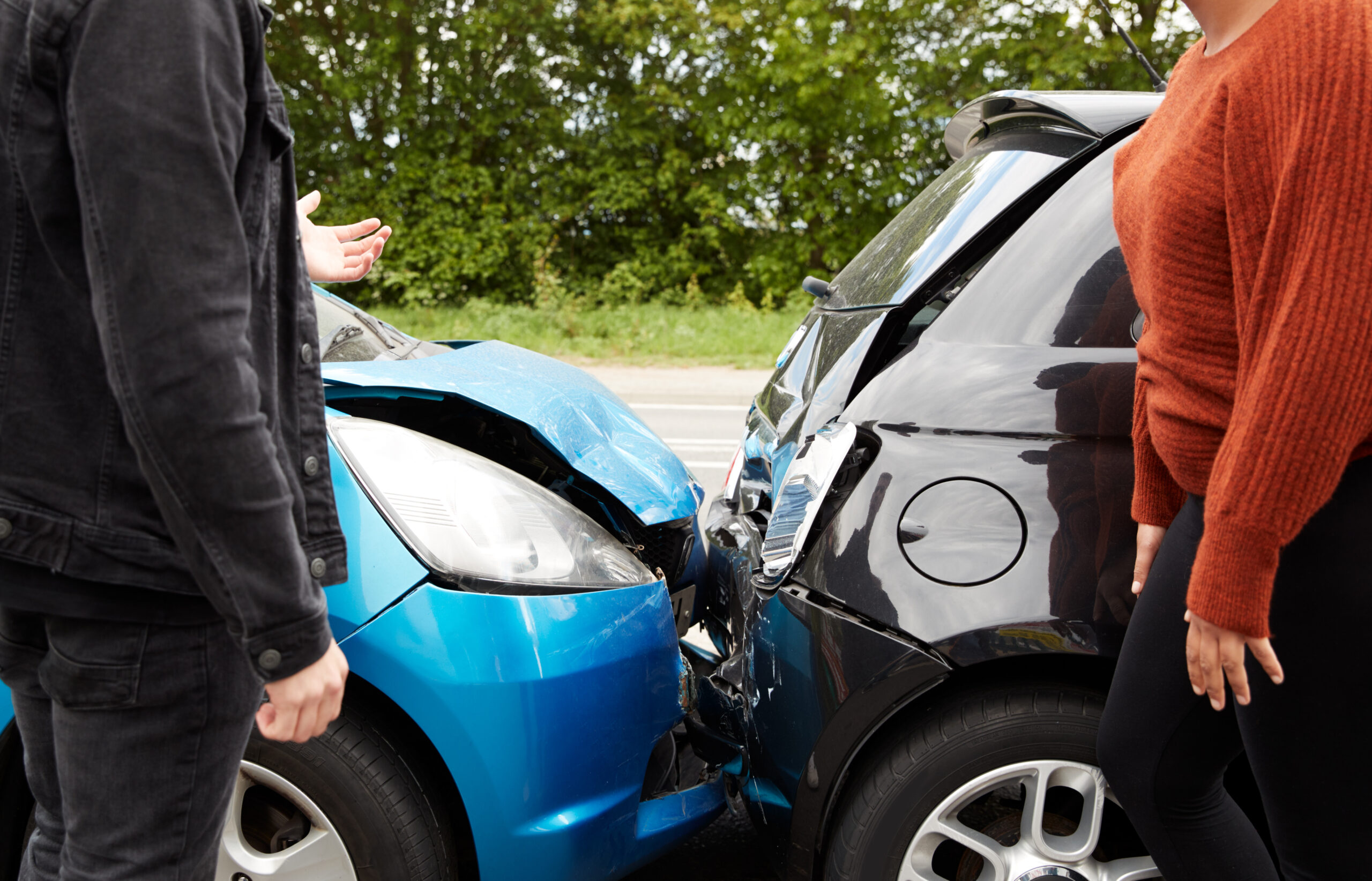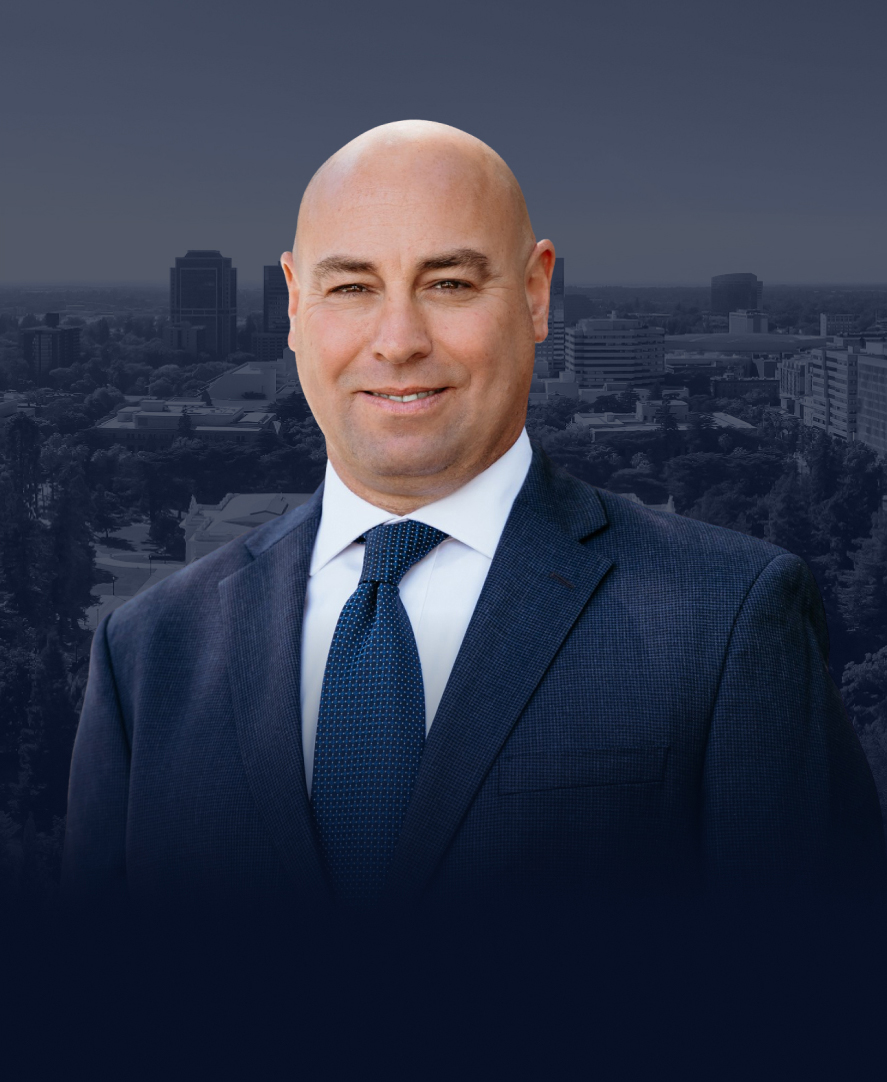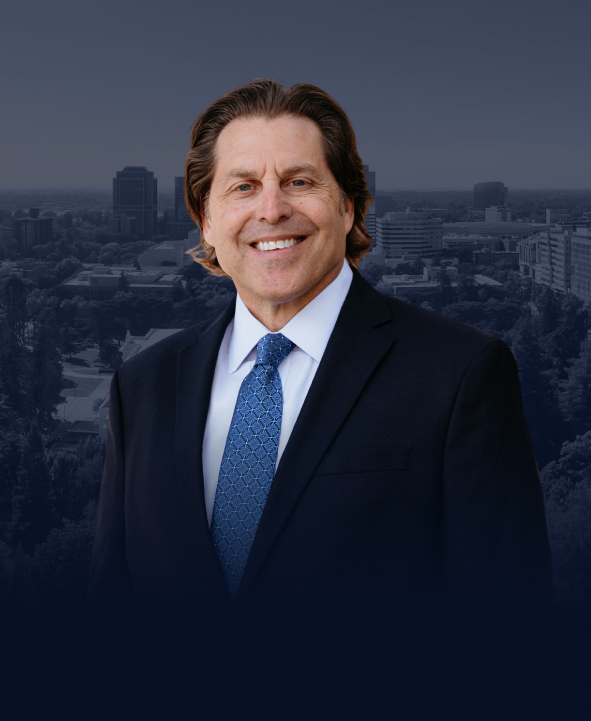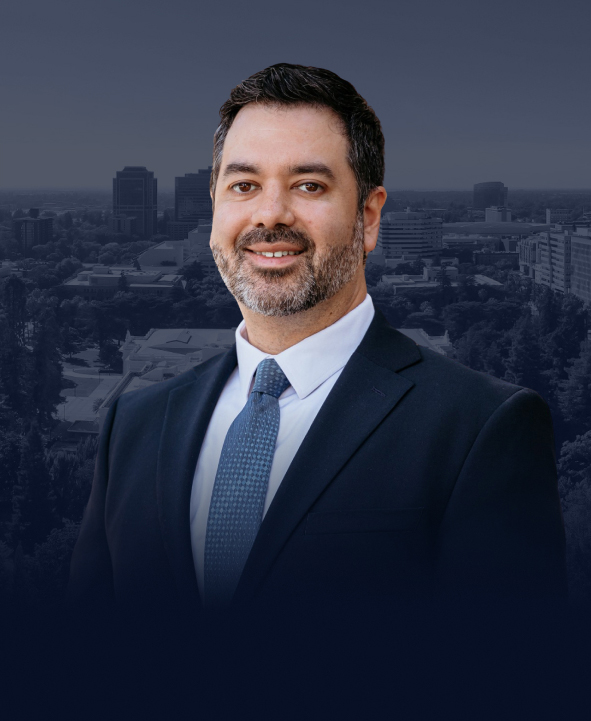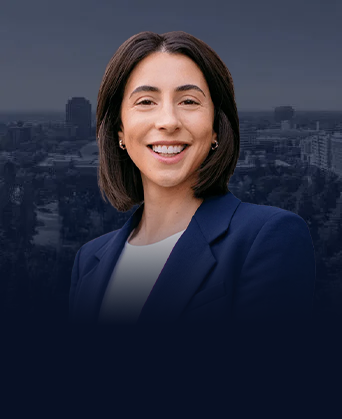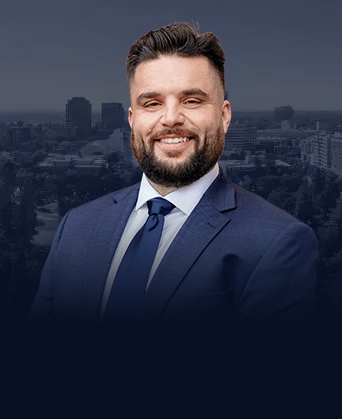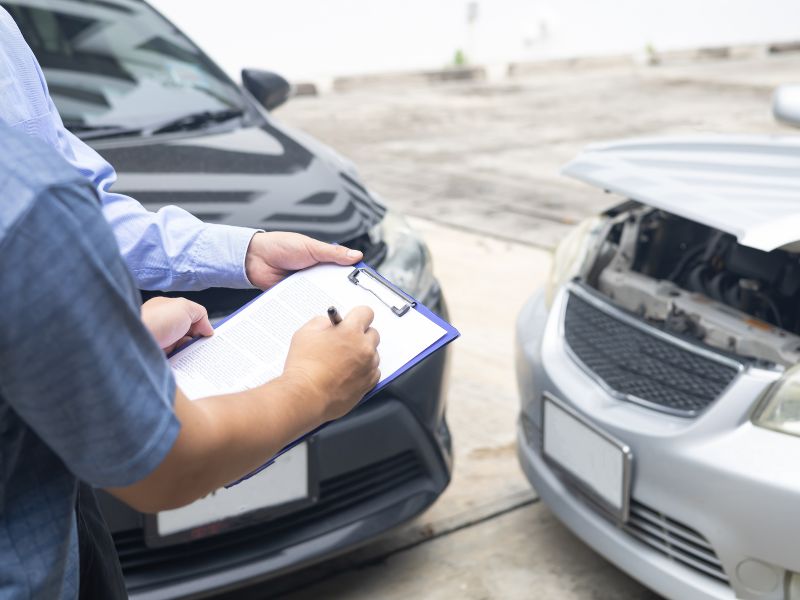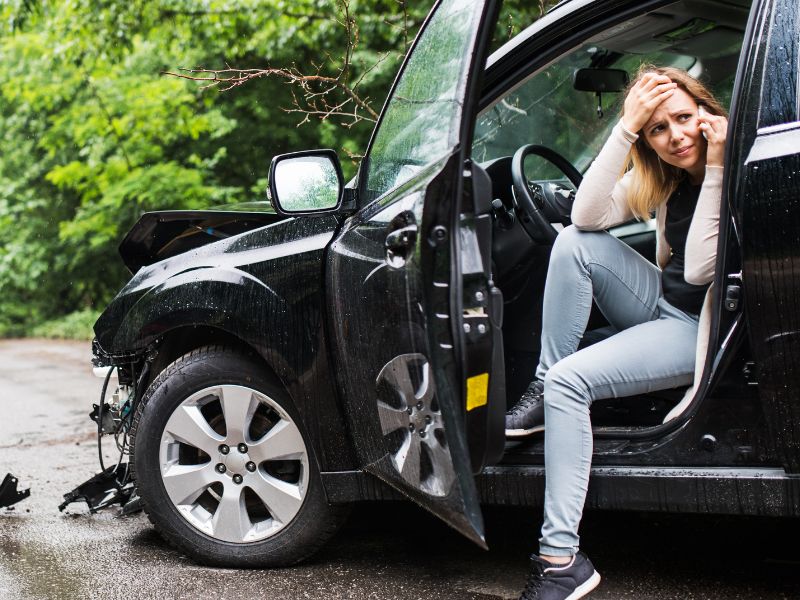If you have been injured in a California motor vehicle collision, slip and fall accident, or any other incident caused by someone else’s negligence, you want to know who’s at fault. You need to know the laws and legal principles that could affect your ability to recover compensation.
When people are injured, and it is unclear who is at fault, it’s often difficult to untangle who should be paid damages and who should be responsible for paying them. This is where the doctrine of comparative negligence comes in.
Comparative negligence procedures are used to assign fault and award compensation in cases where more than one party was negligent. Knowing how they work can give you a better idea of what to expect if you decide to file a personal injury claim.
Demas Law Group, P.C. offers an explanation, below, of California’s system of pure comparative negligence and how personal injury attorneys navigate this process. Continue reading or contact us now to learn more. We offer free consultations without obligation.
What Is Comparative Negligence in California?
In a car accident or other personal injury lawsuit, injured victims typically seek to recover financial compensation for their losses from at-fault individuals, such as other drivers or property owners. These lawsuits are based on a legal concept called “negligence,” which is a term describing a person’s action or failure to act when they owe another person a specific duty of care. A “duty of care” is an obligation to be careful or take precautions for someone else’s safety.
For example, all drivers owe others on the road a specific duty of care to drive conscientiously and avoid causing injuries. Drivers who cause accidental injuries because they are not sufficiently careful may be found to be negligent and liable for the resulting losses.
The exact definitions of negligence vary slightly from state-to-state, as do the ways in which negligence is applied. In some states, injured parties may recover compensation only if they are found to have contributed less than 50 percent of the overall fault in a particular accident. In others, defendants may lose out on compensation even if they are only found to be 1 percent at fault.
Here in California, state courts follow a doctrine of pure comparative negligence, which theoretically allows plaintiffs to recover compensation even if they are as much as 99 percent responsible for their own accidents. For cases involving injured parties who do bear partial fault, the amount of compensation they are eligible to recover is reduced in proportion to their overall calculated percentage of negligence.
Comparative Negligence Law in CA
Under California’s pure comparative negligence system, damages are awarded to victims based on their relative liability in a personal injury case. In this way, each potentially responsible party is only held responsible for their overall percentage of fault.
It is typically up to the judge or jury to assign relative amounts of negligence and determine the percentage of fault used to calculate compensation.
After a judge or a jury hears testimony in a personal injury case, they will use this testimony to decide:
- Whether any individuals in the case owed others a duty of care.
- Whether those individuals breached that duty of care.
- Whether that breach caused real damages to any other parties.
The nature and severity of these breaches of care directly affect the calculation of that person’s negligence in a personal injury case.
How Does Comparative Negligence Apply to Accidents in CA?
In California car accidents, every driver is responsible for the results of their actions behind the wheel. When one or more parties share part of the blame for a particular collision, the state’s pure comparative fault system assigns negligence and divides any resulting liability among those at fault.
For example, say you were speeding slightly as you traveled through an intersection and got hit by a distracted driver running a red light. While the other driver definitely made an illegal maneuver, you shouldn’t have been speeding. The jury decides that the other driver was 80 percent at fault, while you were 20 percent responsible.
If the total amount of damages in your case was $100,000, your ability to recover compensation would be reduced by your respective 20 percent of the fault. That would leave you eligible to receive $80,000.
This is one of the reasons it’s so important to be careful with everything you say and do after a car accident or after any personal injury that may have been caused by someone else’s negligence. Any evidence you or others involved in the accident provide may be used against you and could directly reduce the amount of compensation you could receive, whether or not you were truly at fault.
How Can an Attorney Assist with Comparative Negligence Issues?
So, what happens if you file a personal injury or car accident claim and discover that other involved parties are accusing you of being partially or fully liable? This is a common tactic used by others to deny their responsibility in personal injury cases of questionable fault. A skilled personal injury attorney will know just how to handle it.
A lawyer can help you avoid wrongful allegations of negligence and maximize your potential personal injury claim by:
- Explaining the laws and limitations that apply to your case
- Providing knowledgeable advice and going over your options
- Communicating with others on your behalf, so you avoid potentially harmful statements
- Identifying and collecting strong evidence to support your claim
- Hiring expert witnesses such as accident reconstruction experts
- Negotiating with insurance providers for full, fair settlements
- Representing you in court, if no reasonable settlements are offered
Contact a Personal Injury Attorney in California for Help!
At Demas Law Group, P.C., we understand that there is a human story in every case we take. That’s why we fight so hard.
When you hire us, you have our guarantee that our staff will provide you with prompt, courteous, and personalized attention throughout the duration of your case. We will not rest until you receive the results you deserve. We’re happy to offer free consultations to all potential clients. We never charge legal fees unless and until we recover compensation for those we represent. Call us anytime, 24/7, or contact us online to schedule your free case review.
